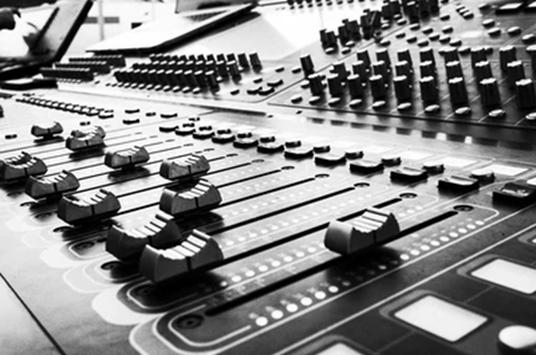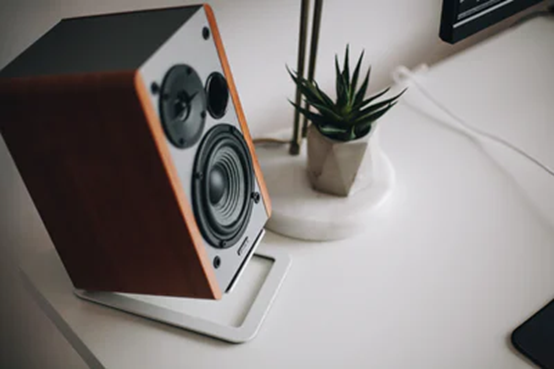How to Protect Your Audio Equipment
How to Protect Your Audio Equipment
No one can deny the joy when ordering new studio equipment, the delight, and sheer pleasure when it arrives at your doorstep - the tireless hours putting them together, and the satisfying smile when you set it up. However, as beautiful as these experiences are, it's how well you protect your equipment that matters in the long run. So today, we are going to look at four ways to protect your audio equipment.

1. Regular Cleaning and Maintenance
This point sounds obvious, but how many times have you forgotten to dust your speakers or clean the head of your microphone? Thought so, dust is bad for equipment, especially audio ones. It is easy for dust to slip into cracks and openings, damaging the sensitive parts in your audio equipment. Therefore, make sure to dust them regularly.
Other simple things like turning off the knob of your audio mixers, speakers, and other audio equipment after use go a long way in maintaining them. You can use a damp towel soaked in water as well to wipe gently and avoid using chemicals on your equipment.
2. Storage
How you store your audio equipment is as important as getting quality equipment in the first place. Avoid storing those made of wood in a place where there is no ventilation and extreme heat. Heat causes wood to expand and will damage it with time. Humidity and moisture are not safe for your equipment too, so find a dry place to store them.
Another is to get a road case and rack for your equipment. These might be expensive, but getting the proper road case and rack for your audio equipment is beneficial in the long run. This is because acquiring quality supplies, as mentioned by VFM Group, will help you protect and preserve the units you own. In addition, these cases are ideal for storage and for travel purposes as well. For this, you can seek professional help to ensure you get the appropriate road case and rack.
3. Power Conditioner
Power Conditioner serves as a piece of multi-purpose equipment. It acts as an enhancer for your audio quality and offers protection against a power surge. A power surge can be dangerous for your audio equipment so having a power conditioner is a great choice.
A piece of equipment you can get alongside your power conditioner is a surge protector to offer that extra layer of protection. Be sure to get a quality one, as a bad one can have the opposite effect on your equipment.
4. Register Equipment and Insure
You can register your equipment with the manufacturer online. It only takes between 5 to 10 minutes to register. If you bought it from someone else, find out if the person registered it and, if not, decide to do so. However, if registration is not possible, consider insurance. Insuring against theft, fire, and water is a great way to recover financially if your equipment falls into any of these.

The proper care of your audio equipment will help to preserve its sound and quality for a long time. In addition, taking precautions is one way to take care of them. Through this article, we hope you are a little more enlightened about simple but effective ways to protect your audio equipment.